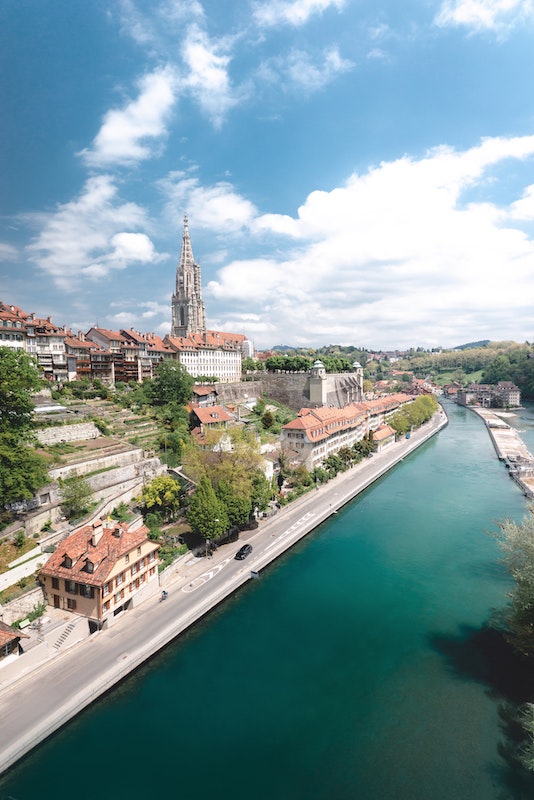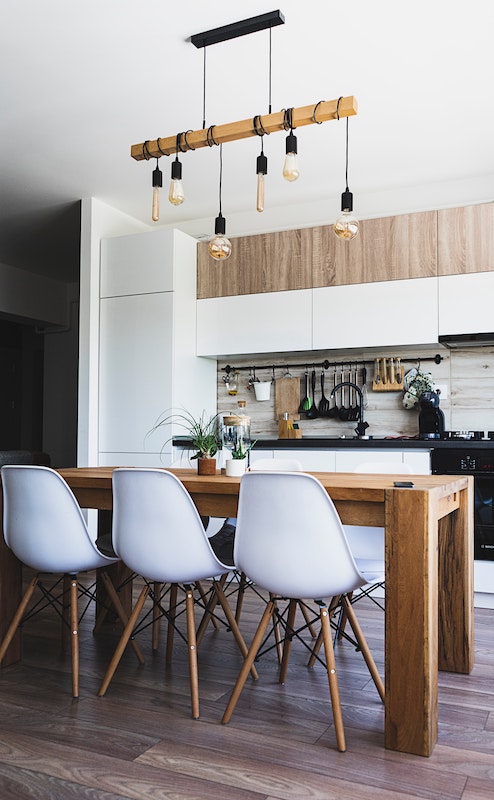Buying property in Switzerland as a foreigner: 2025 guide
A comprehensive guide on buying property in Switzerland as a foreigner.
Are you considering buying or renting a property in Switzerland but unsure which option is best? Is it more advantageous to buy or rent? What are the current prices for houses and apartments, and what additional costs should you expect? What are the benefits of homeownership?

If we carefully analyze the property market trends in Switzerland, we observe that the majority of the Swiss population prefers renting over buying. Renting is significantly more common than purchasing a property across all regions of the country. Additionally, very few Swiss residents actively engage in the home-buying process with banks.

Several studies have shown that the Swiss are less inclined to buy property compared to other countries. Only 40% of Swiss residents are property owners, compared to 50% in France and 70% in Italy. This trend persists despite a significant drop in mortgage rates and a reduction in the cost per square meter for purchasing property in recent years.
According to research from the Lausanne Federal Polytechnic School (École Polytechnique Fédérale de Lausanne, EPFL), this can be attributed to the fact that many Swiss view property ownership as a shift in social status. In other words, the dream for many Swiss is not just to own property, but to acquire a larger apartment or a spacious villa with a scenic view — types of properties that are often unattainable for the average person.
It's important to note that affordable housing options are quite limited, which does not encourage the desire for homeownership. Historically, high property prices and mortgage rates have reinforced the belief that buying a home is difficult, further discouraging many from pursuing property ownership. Indeed, access to housing in Switzerland remains a challenge.
At the same time, the availability of rental properties is also quite limited, particularly in cities like Geneva and Zurich. One of the more accessible ways to purchase property is through housing cooperatives, but this option remains underutilized. Zurich offers the most opportunities for cooperative housing, but elsewhere in the country, this model is still underdeveloped. Additionally, cooperatives often struggle to compete with private buyers when it comes to purchasing land.
Several studies have shown that buying a house or apartment in Switzerland is often cheaper than renting. This trend holds true in most regions of the country, with the exception of tourist areas, where high land prices and demand from wealthy buyers make purchasing property more expensive than renting.
According to a study by Crédit Suisse (CS), the historic drop in mortgage rates has made buying and selling property significantly more attractive than renting. The bank conducted a comparative study which showed that the average annual cost for interest and maintenance on a property is CHF 15,362, while renting costs CHF 22,308 per year. However, these costs vary depending on the region, which we will discuss later.
Generally, the most expensive regions for both buying and renting are the same. The Lemanic region, the Golden Triangle (Zurich, Winterthur, and Basel), as well as parts of the Grisons and Ticino cantons, are among the priciest.
In cities like Zurich, Zug, and Geneva, renting a 4-room apartment costs more than 2,500 Swiss Francs per month, on average. In these locations, buying the same apartment can cost nearly 1,000,000 Swiss Francs. Conversely, in the cantons of Jura, Valais, and Fribourg, a 4-room apartment rents for less than 1,250 Swiss Francs per month, while the purchase price is typically under 500,000 Swiss Francs.
However, it’s important to consider additional costs. For renters, the extra expenses include rent, electricity, subscriptions, license fees, and insurance. These charges generally add up to 400 to 500 Swiss Francs per month for a family. Property owners, on the other hand, must cover various incidental costs beyond the mortgage and depreciation. These additional costs usually amount to around 1% of the property's purchase price per year. Like tenants, owners must also pay for subscriptions, license fees, and insurance.

Becoming a property owner in Switzerland offers numerous advantages. First and foremost, owning property provides a sense of accomplishment and is often seen as a symbol of success.
It also allows homeowners to avoid the constraints of rental market regulations. As mentioned earlier, Switzerland currently benefits from very low mortgage rates, making the financial burden of debt lighter than it was in previous years. Of course, rates fluctuate and can decrease further or rise unexpectedly. To protect against these risks, homeowners can choose a fixed-rate mortgage for a set period, helping to avoid any unpleasant surprises from market fluctuations.
Property ownership is also viewed as a sound investment, despite relatively high property prices. Given that Swiss pension funds no longer provide the same returns as they once did, many Swiss citizens see buying property as a way to secure income for their later years. As demand continues to grow, owning property promises an increase in value at the time of resale.
Becoming a property owner also impacts one's tax situation. In Switzerland, taxes are calculated based on a scale that varies by municipality and canton. When filing taxes, it is advisable to consult a fiduciary to take full advantage of available tax deductions. Certain regions in Switzerland, such as Valais and the canton of Zug, are known for offering attractive tax conditions, especially for high-net-worth individuals in Zug. Conversely, regions like Lausanne, Geneva, and Zurich have the highest tax rates in the country. However, these areas also boast Switzerland’s most dynamic economies and offer dream properties with stunning views of lakes and mountains.